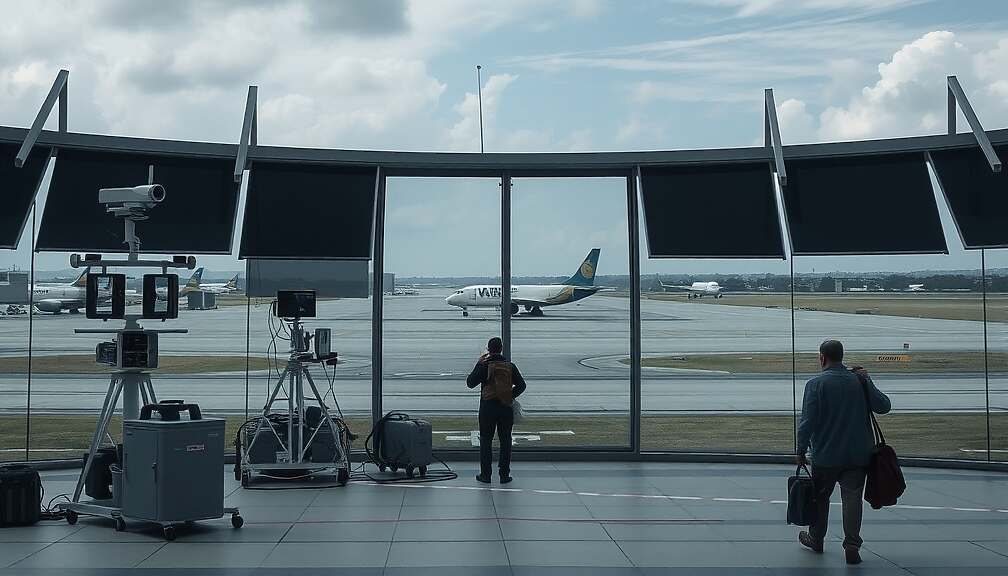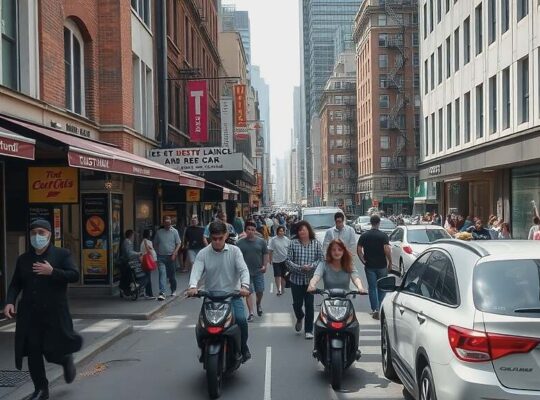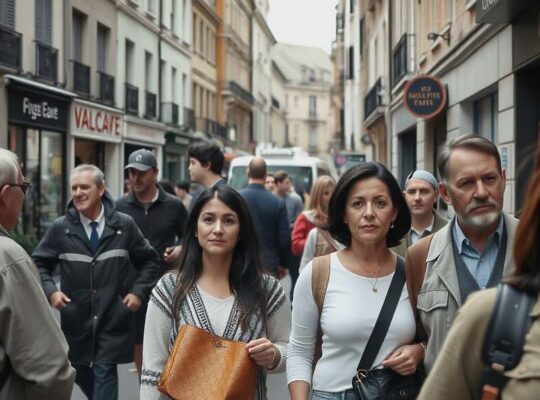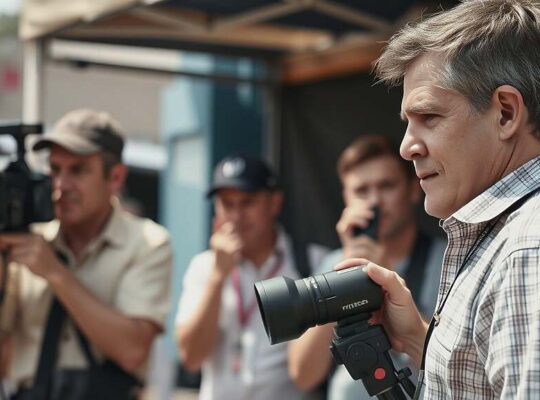The escalating threat of drone incursions at airports has ignited a contentious debate, with prominent arms manufacturer Hensoldt issuing a stark warning against hasty and potentially dangerous responses. Oliver Dörre, CEO of Hensoldt, cautioned against immediate shoot-downs in an interview with the Frankfurter Allgemeine Zeitung, emphasizing the recklessness of actions taken without considering the broader consequences. He underscored the need for a holistic security approach, spanning from detection to responsible neutralization.
The call for decisive action, exemplified by Bavarian Minister-President Markus Söder’s recent advocacy for “shoot down, don’s wait” following multiple drone alarms at Munich Airport and the subsequent legislative expansion of police powers, highlights the political pressure to appear proactive. However, experts persistently warn of the potential for uncontrolled drone crashes and the severe hazards posed by falling debris.
Dörre outlined the financial commitment required to safeguard critical infrastructure. Protecting a major airport such as Munich, he estimates, would cost around ten million euros for the initial system setup, coupled with ongoing annual operational expenses. He highlighted that viable alternatives to outright destruction exist, including disabling drones through radio frequency disruption and deploying mechanical capture nets.
Responding to burgeoning demand from airports, energy providers and industrial complexes, Hensoldt is developing a new service-based offering. Dörre noted the specific need for streamlined solutions for smaller clients, arguing that establishing individual drone defense command centers is less efficient than outsourcing these functions.
The radar and sensor specialist recently revised its annual revenue forecast upwards, anticipating orders from the German federal defense force, a development reflected in a surge in the company’s stock value.
While the prevailing chip shortage in the industry, exacerbated by the supply chain disruption at Nexperia, has created widespread concern, Hensoldt reports, at least for now, it remains unaffected. “Currently, we do not see an acute problem – our requirements are below critical thresholds” Dörre stated. Nevertheless, he stressed the paramount importance of supply chain resilience, now recognized as an issue of national security. He explicitly advocated for the creation of a robust, China-independent semiconductor supply chain within Europe, arguing that it is a foundational element of technological competitiveness and defense capability. The burgeoning discussion surrounding European defense policies, Dörre suggests, necessitates a thorough consideration of this critical technological dependency.












